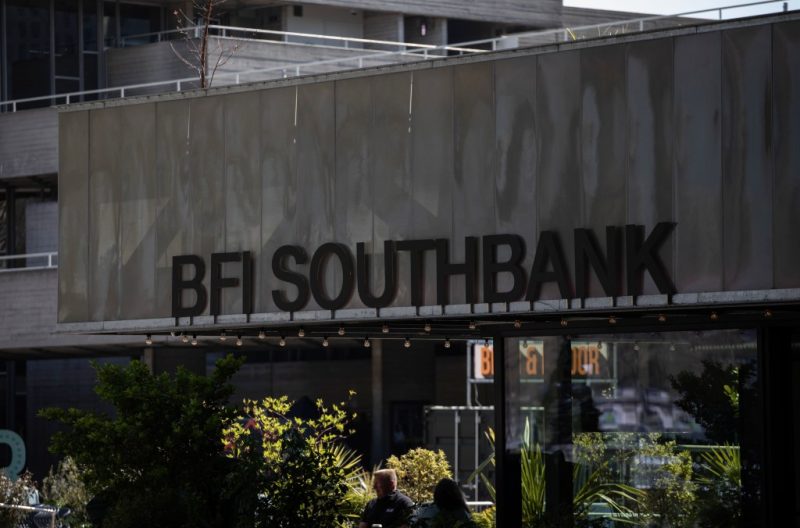
The UK’s reputation as a global leader in film production is facing a serious challenge. A recent report highlights the detrimental impact of reduced government funding on the British Film Institute (BFI), raising concerns about the future of the industry. The BFI, a crucial player in supporting and promoting British cinema, is reportedly struggling under an increased workload coupled with a significant real-terms decrease in funding. This unsustainable situation is not only impacting the BFI’s efficiency but also threatens the UK’s overall position as a desirable location for film and television production.
The consequences of underfunding are far-reaching. Reduced support for filmmakers, fewer opportunities for emerging talent, and a potential decline in the quality and quantity of British productions are all looming possibilities. This could lead to a significant loss of revenue, jobs, and international prestige for the UK. The creative industries are a vital part of the British economy, and neglecting their needs could have devastating long-term effects.
Many argue that investing in the BFI is not just about supporting the arts, but also about fostering economic growth and innovation. The film industry provides employment for countless individuals, from actors and directors to technicians and support staff. It also attracts significant investment from overseas, boosting the UK’s economy and enhancing its international profile. By allowing funding to stagnate, the government risks undermining this critical sector and jeopardizing its future potential.
The report’s findings should serve as a wake-up call for policymakers. Urgent action is needed to address the funding shortfall and ensure the BFI has the resources necessary to continue its vital work. Failure to do so could see the UK’s film industry lose its competitive edge and its hard-earned global standing. The time to act is now, before the damage becomes irreversible.










